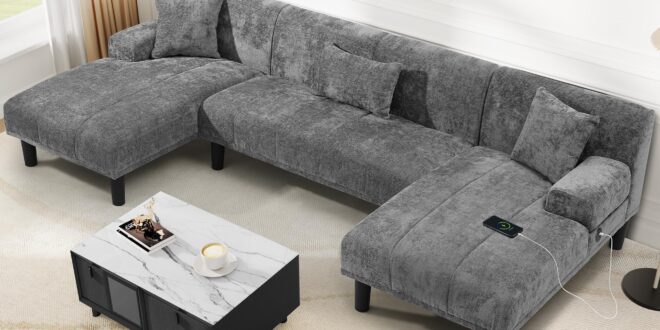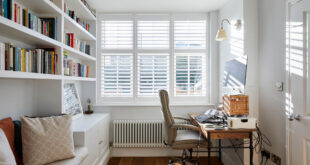Transforming Your Living Room into a Tech-Friendly Haven: The USB Charging Port Revolution
Let’s face it, the living room is the heart of the home. It’s where we unwind after a long day, binge-watch our favorite shows, connect with loved ones, and, increasingly, it’s where we plug in our devices. The digital age has brought with it a constant need for power, and the living room, once a sanctuary of analog relaxation, has become a charging station for our smartphones, tablets, e-readers, and a myriad of other gadgets. But tangled cords, unsightly power strips, and the endless hunt for available outlets can quickly turn this haven into a chaotic mess. Enter the USB charging port – a simple yet revolutionary solution that’s transforming living rooms across the globe into tech-savvy and clutter-free spaces.
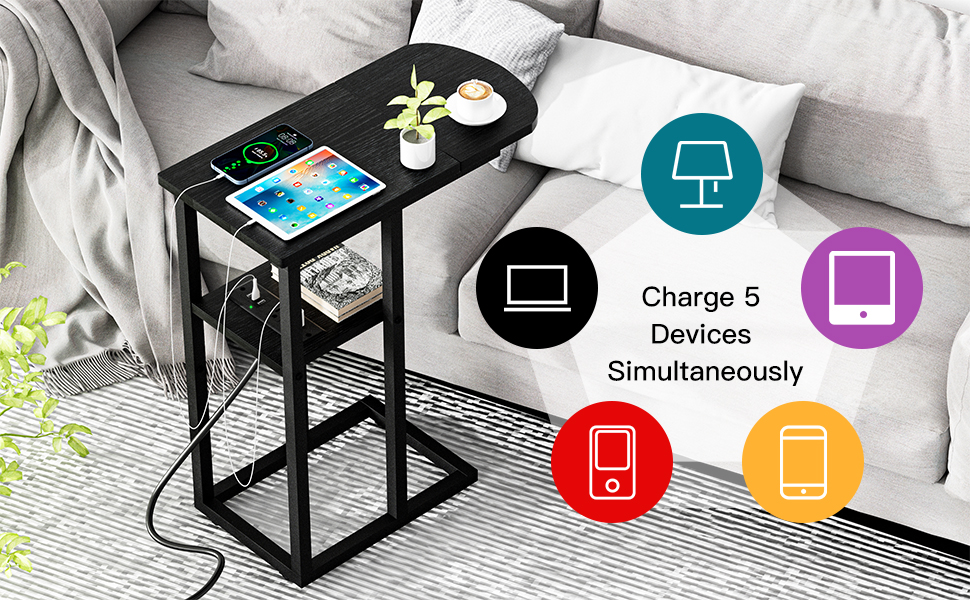
This comprehensive guide delves into the world of USB charging ports in the living room. We’ll explore the benefits they offer, the different types available, how to choose the right ones for your needs, installation tips and tricks, and creative ways to seamlessly integrate them into your existing décor. Whether you’re renovating your entire living room or simply looking for a convenient way to keep your devices charged, this guide will provide you with all the information you need to power up your space and embrace the future of living room design.
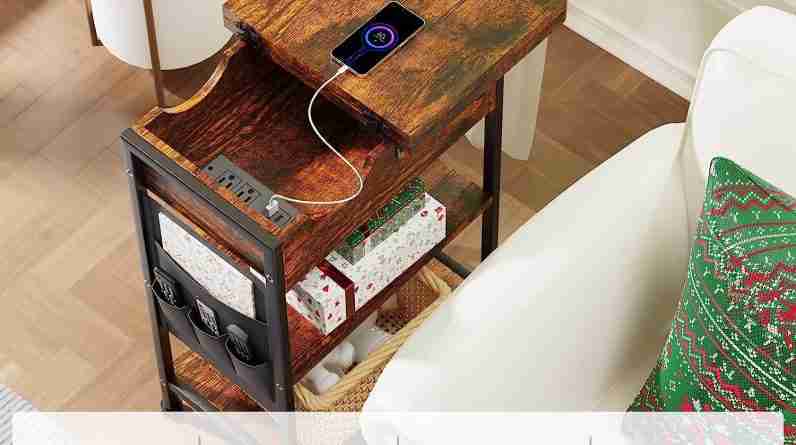
Why Embrace USB Charging Ports in Your Living Room? The Perks are Endless
The advantages of incorporating USB charging ports into your living room extend far beyond mere convenience. They offer a multitude of benefits that enhance both the functionality and aesthetic appeal of your space:
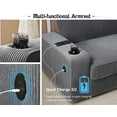
- Clutter Reduction: Say goodbye to tangled cords and bulky power strips! USB charging ports eliminate the need for multiple adapters, creating a cleaner, more organized living room.
- Enhanced Convenience: No more crawling under furniture or searching for available outlets. USB ports placed within easy reach allow you to charge your devices comfortably and efficiently.
- Modern Aesthetics: USB charging ports seamlessly integrate into modern furniture and design, adding a touch of sophistication and tech-savviness to your living room.
- Increased Functionality: Turn your living room into a multi-functional space where you can relax, entertain, and stay connected without ever having to worry about running out of battery.
- Safety and Protection: Many USB charging ports come with built-in surge protection, safeguarding your valuable devices from power surges and electrical damage.
- Energy Efficiency: Some models are designed to be energy-efficient, consuming minimal power when not in use, helping you save on your electricity bill.
- Future-Proofing: As technology continues to evolve, USB charging ports will remain a relevant and essential feature in any modern living room.
Decoding the USB Charging Port Landscape: Types and Features
Before diving into the installation process, it’s crucial to understand the different types of USB charging ports available and their respective features. This knowledge will empower you to make informed decisions and select the options that best suit your specific needs and preferences.

1. Integrated USB Ports in Furniture
This is perhaps the most seamless and elegant solution. Many modern sofas, sectionals, end tables, and coffee tables now come equipped with built-in USB charging ports. These ports are typically discreetly located on the side or back of the furniture, providing easy access without compromising the overall design.
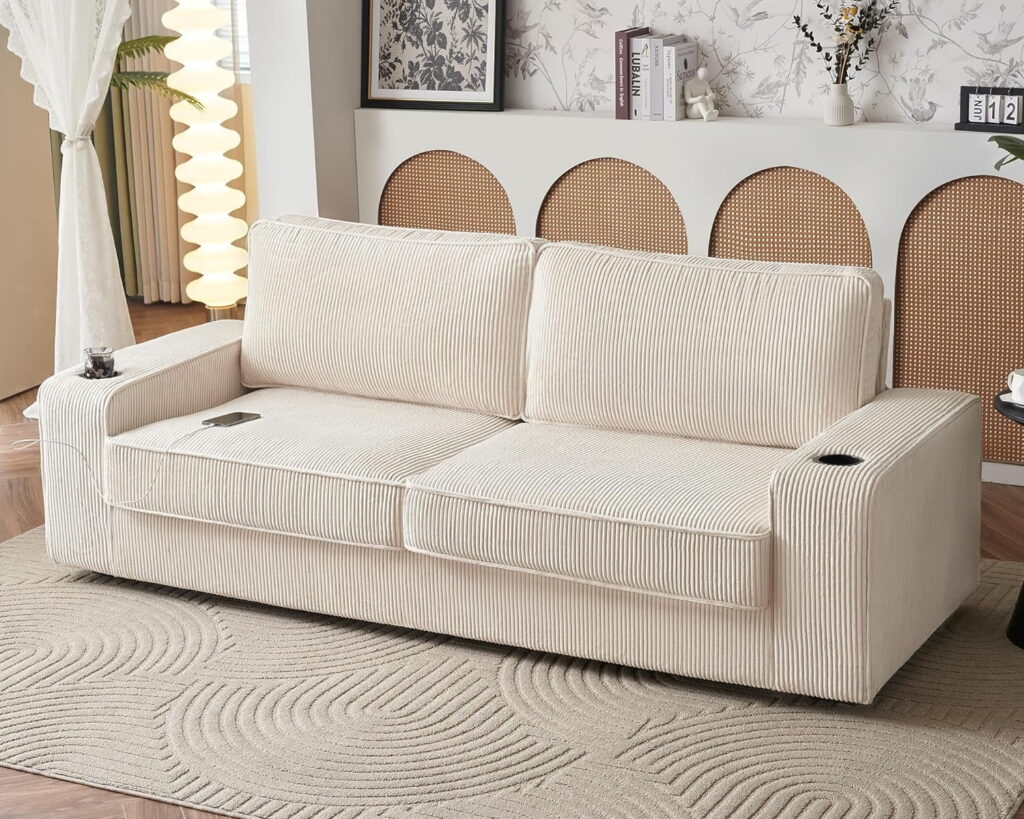
Pros: Clean and integrated look, convenient access, eliminates the need for separate adapters.
Cons: Limited placement options, may require replacing existing furniture, potential compatibility issues with older devices.
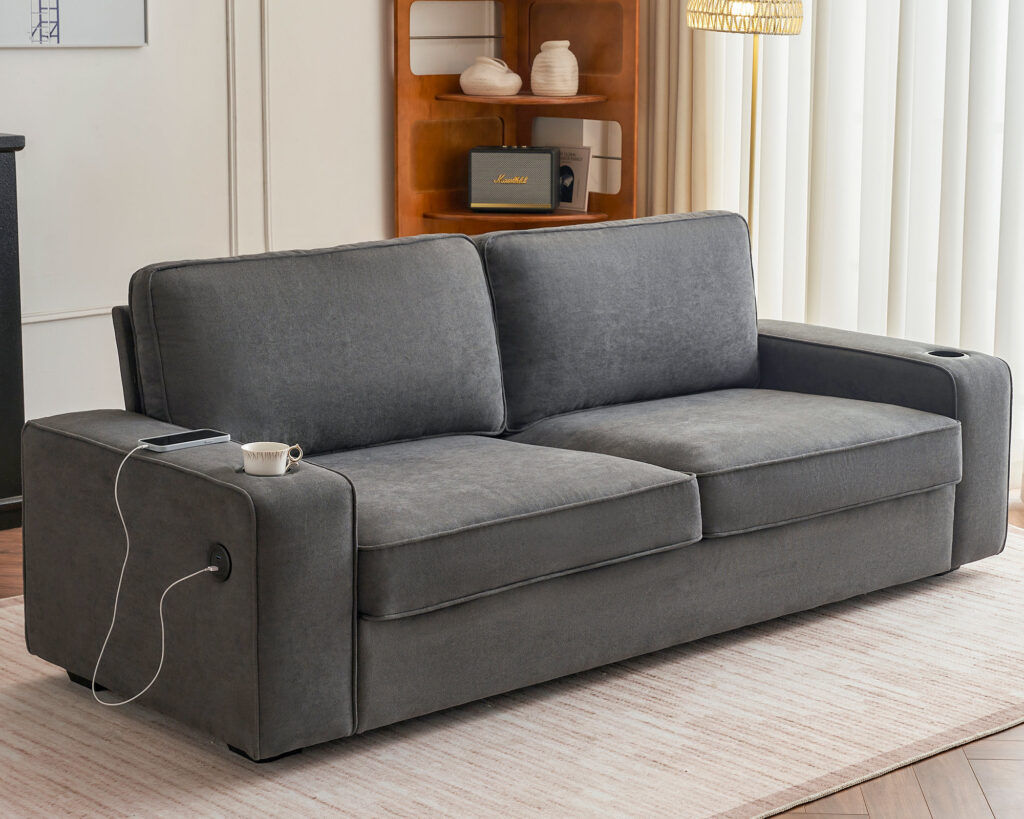
2. USB Wall Outlets
These outlets replace your existing standard electrical outlets with ones that include built-in USB ports. They offer a more permanent and streamlined solution compared to using adapters.
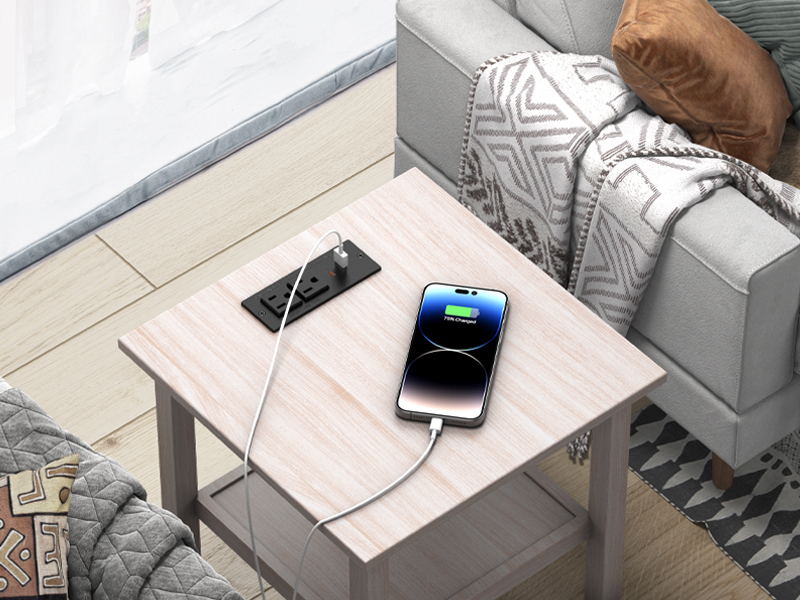
Pros: Clean and permanent solution, eliminates the need for adapters, readily available at most hardware stores.
Cons: Requires electrical wiring knowledge or professional installation, limited placement options (restricted to existing outlet locations).
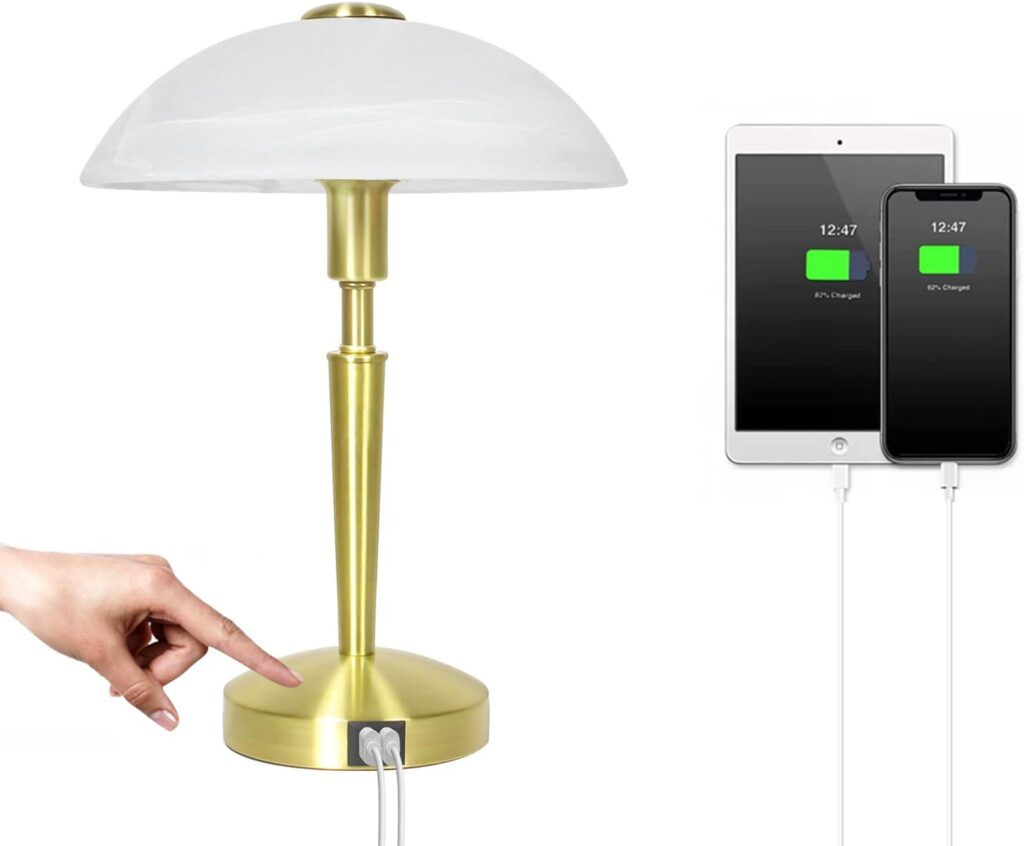
3. USB Power Strips and Surge Protectors
These are perhaps the most versatile and readily available options. They offer a combination of standard electrical outlets and USB charging ports, providing a convenient way to power multiple devices simultaneously.
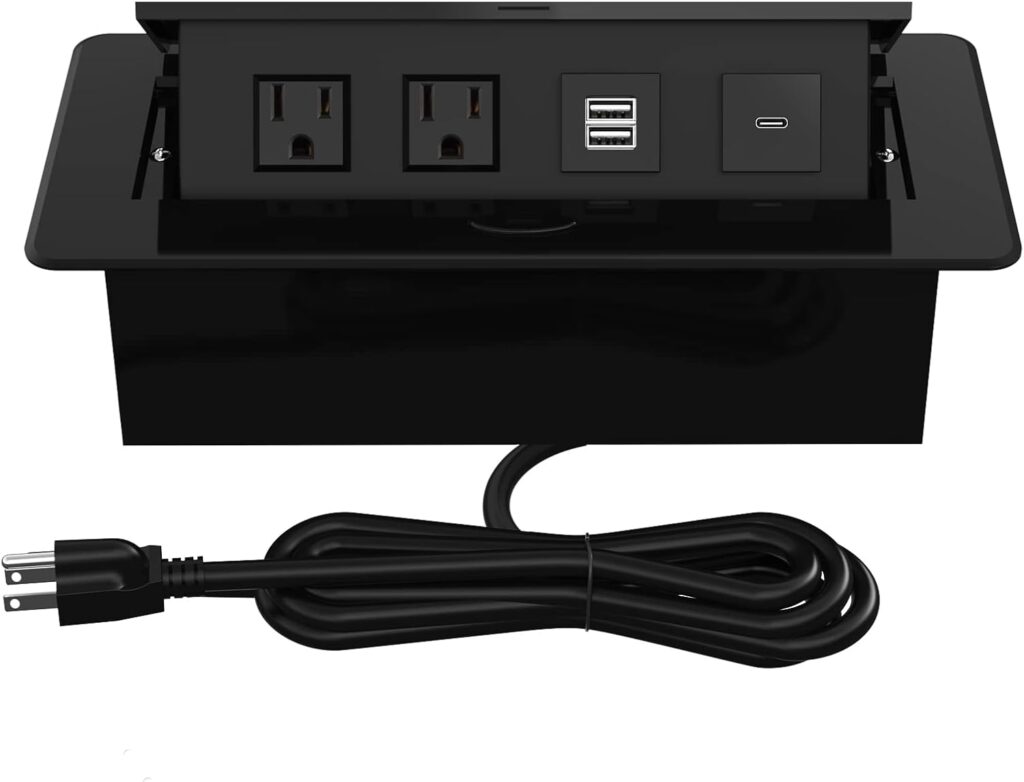
Pros: Versatile and portable, easy to install, affordable, often includes surge protection.
Cons: Can be bulky and unsightly, may not be the most aesthetically pleasing option.
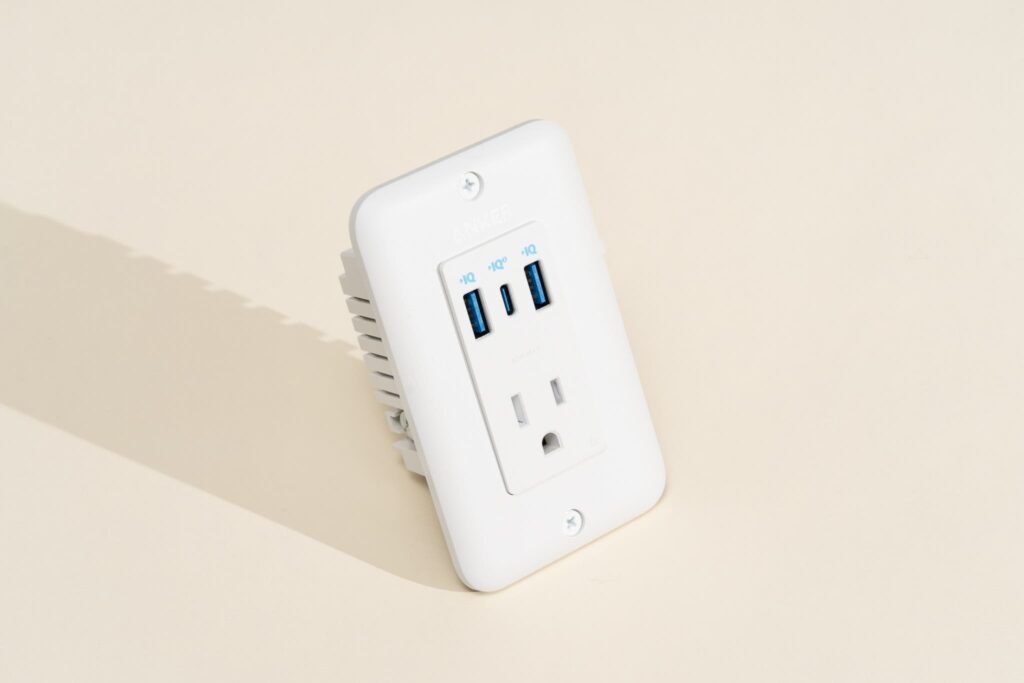
4. USB Charging Lamps
These lamps feature built-in USB ports, providing a convenient way to charge your devices while adding ambient lighting to your living room.
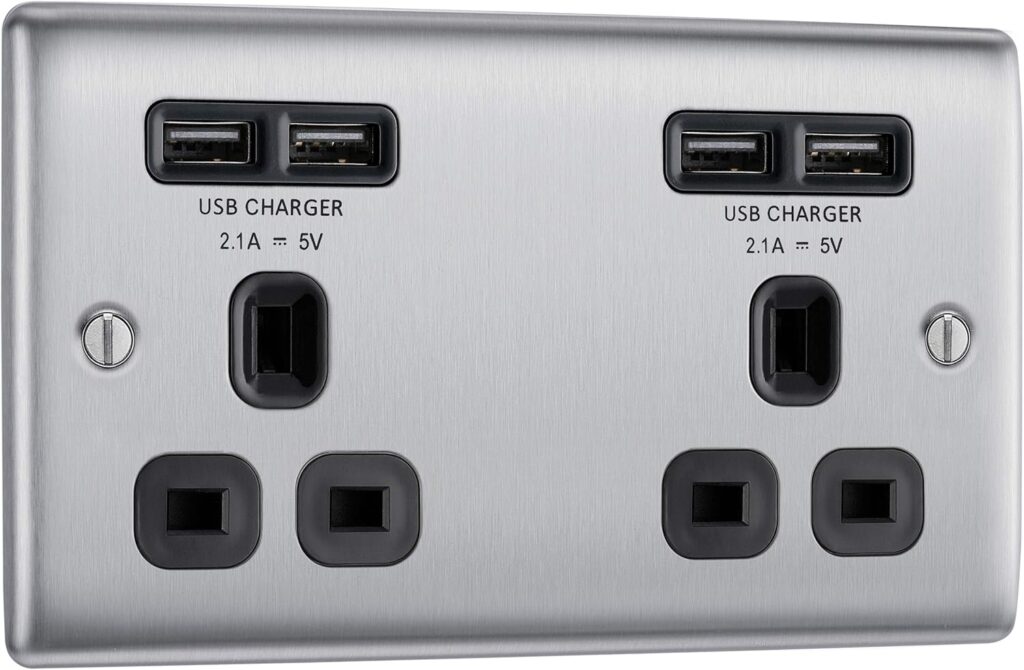
Pros: Combines lighting and charging functionality, adds aesthetic appeal, versatile placement options.
Cons: Limited charging capacity, may not be suitable for charging multiple devices simultaneously.
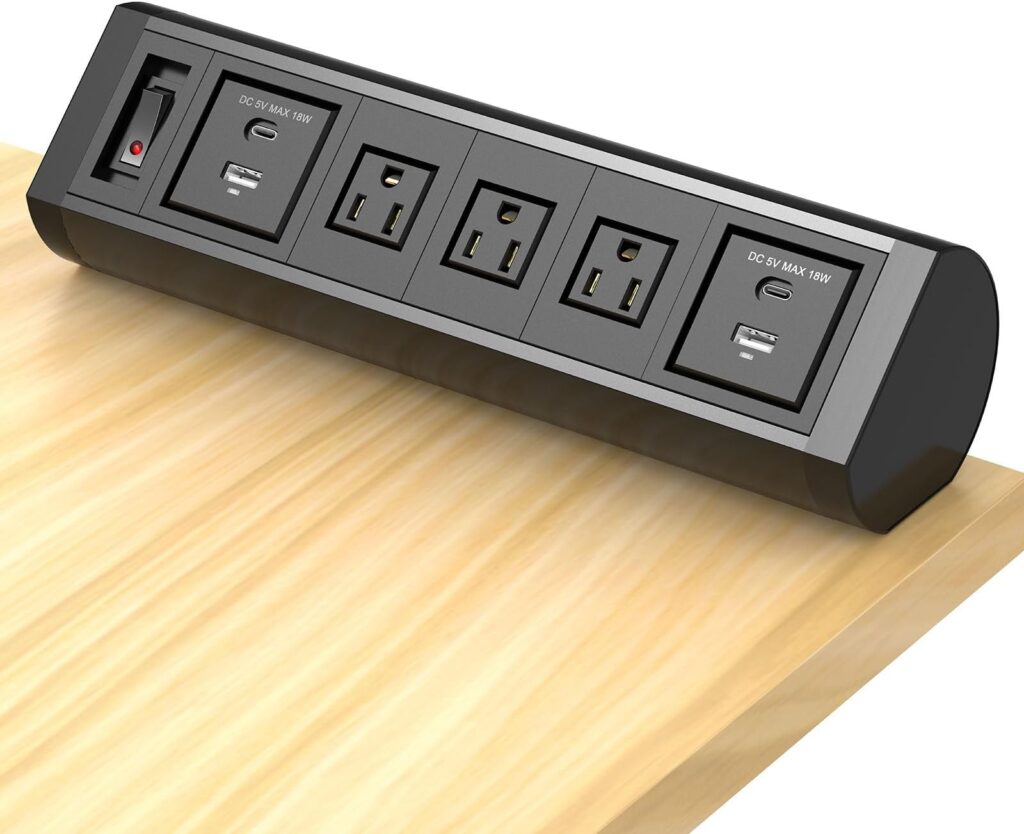
5. Portable USB Charging Stations
These compact and portable stations offer multiple USB ports, allowing you to charge several devices at once. They’re ideal for families with multiple devices or for entertaining guests.
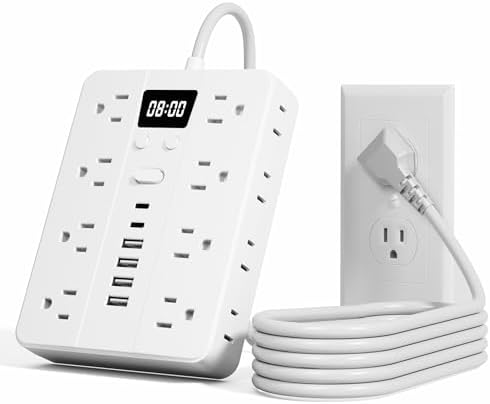
Pros: Portable and versatile, charges multiple devices simultaneously, ideal for families or gatherings.
Cons: Requires a separate power outlet, can be bulky and take up space.
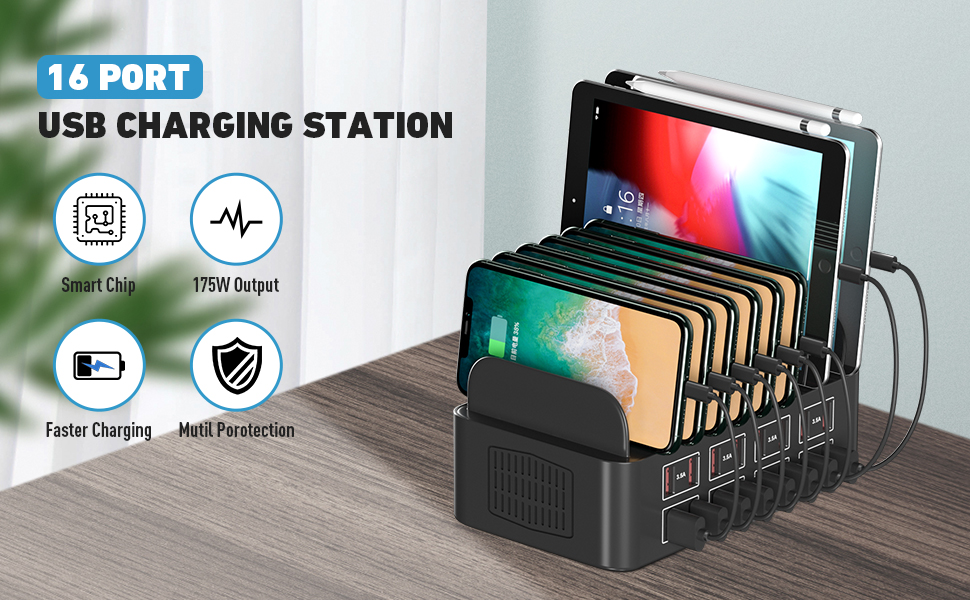
Key Features to Consider:
- Charging Speed: Look for ports that support fast charging technologies like Quick Charge or Power Delivery (PD) to minimize charging time.
- Number of Ports: Choose a port with enough USB ports to accommodate all your devices.
- Amperage: Ensure the port provides sufficient amperage (measured in Amps or A) to properly charge your devices. Higher amperage is generally required for larger devices like tablets.
- Safety Features: Opt for ports with built-in surge protection, overcurrent protection, and short-circuit protection.
- Certifications: Look for certifications like UL or ETL to ensure the port meets safety standards.
- Aesthetic Appeal: Choose ports that complement your living room décor and blend seamlessly with your existing furniture and design.
Strategic Placement: Where to Install USB Charging Ports in Your Living Room
The location of your USB charging ports is just as important as the type you choose. Thoughtful placement can significantly enhance convenience and functionality. Here are some strategic locations to consider:
1. Near Seating Areas
This is a no-brainer. Install USB ports within easy reach of your sofas, armchairs, and recliners. This allows you to charge your devices while relaxing and enjoying your favorite shows or movies.
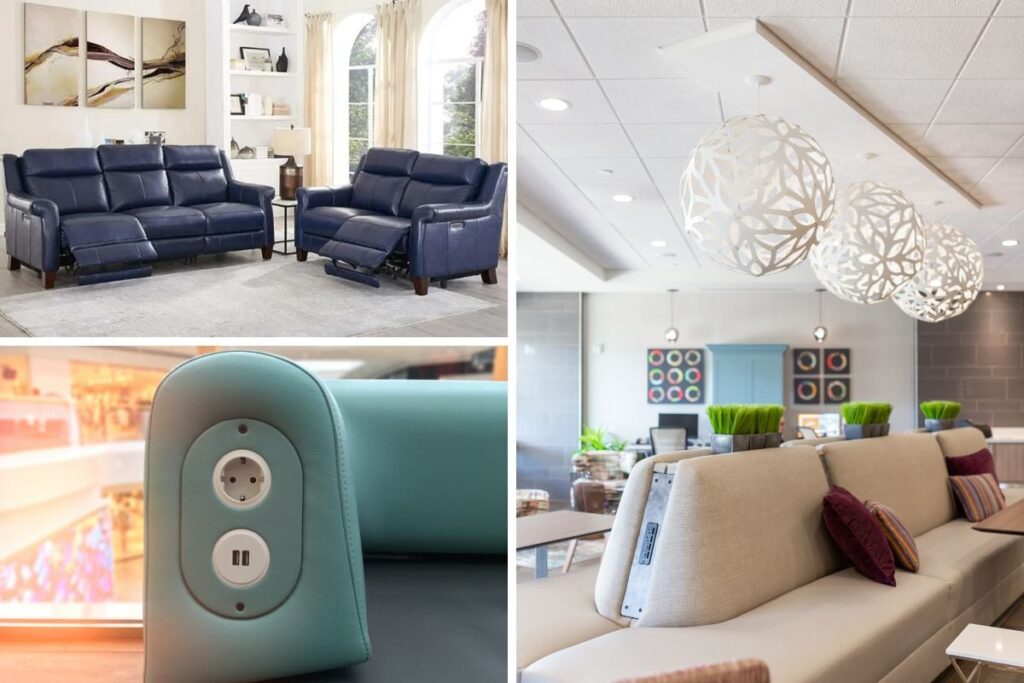
2. End Tables and Coffee Tables
Consider replacing your existing end tables and coffee tables with models that have built-in USB charging ports. This provides a convenient charging solution without taking up extra space.
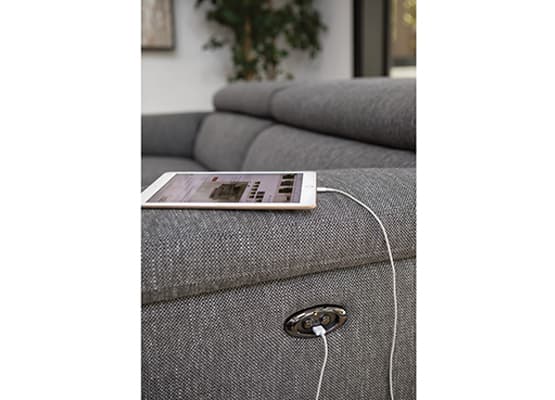
3. Wall Outlets Behind Furniture
If you prefer a more discreet solution, consider installing USB wall outlets behind your furniture. This allows you to hide the cords and keep your living room looking clean and organized.
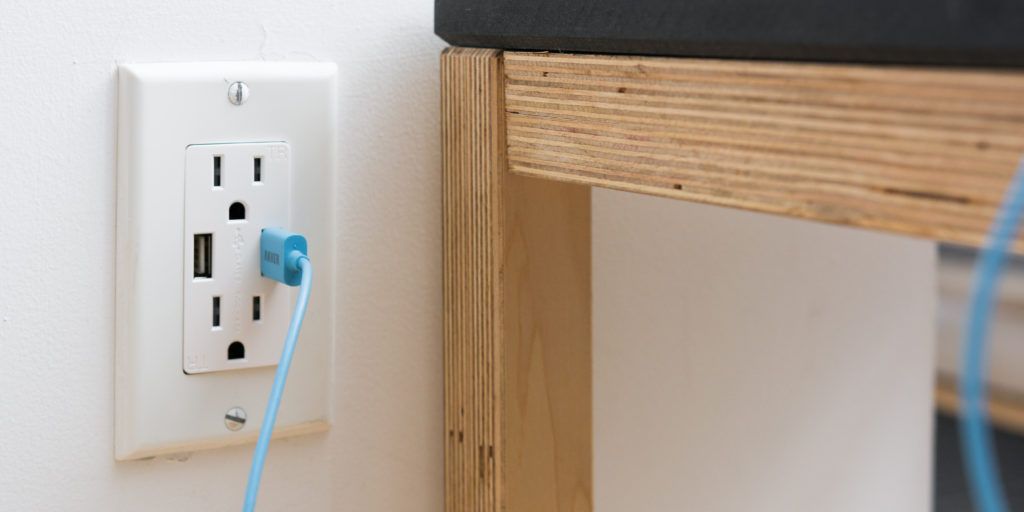
4. Home Office Area
If your living room doubles as a home office, be sure to include USB charging ports near your desk or workstation. This will allow you to keep your devices powered up while you work.
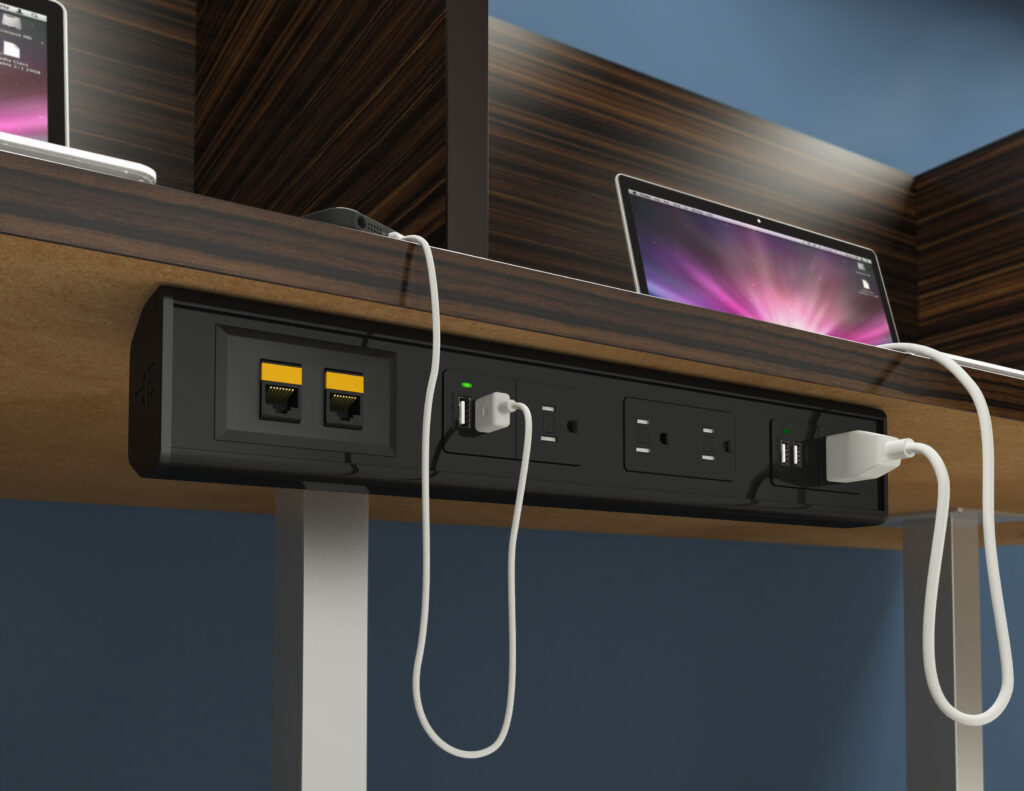
5. Gaming Area
For gamers, having USB charging ports near the gaming console and seating area is essential for keeping controllers and other accessories charged.
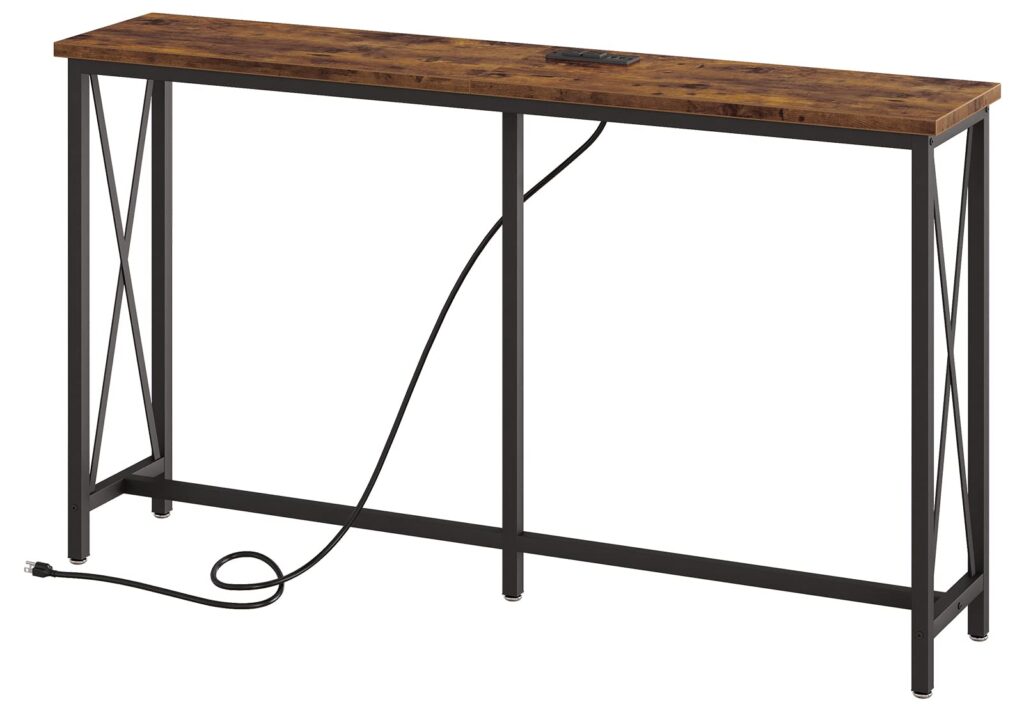
6. Reading Nook
Create a cozy reading nook with a comfortable chair and a lamp with a built-in USB charging port for your e-reader or tablet.
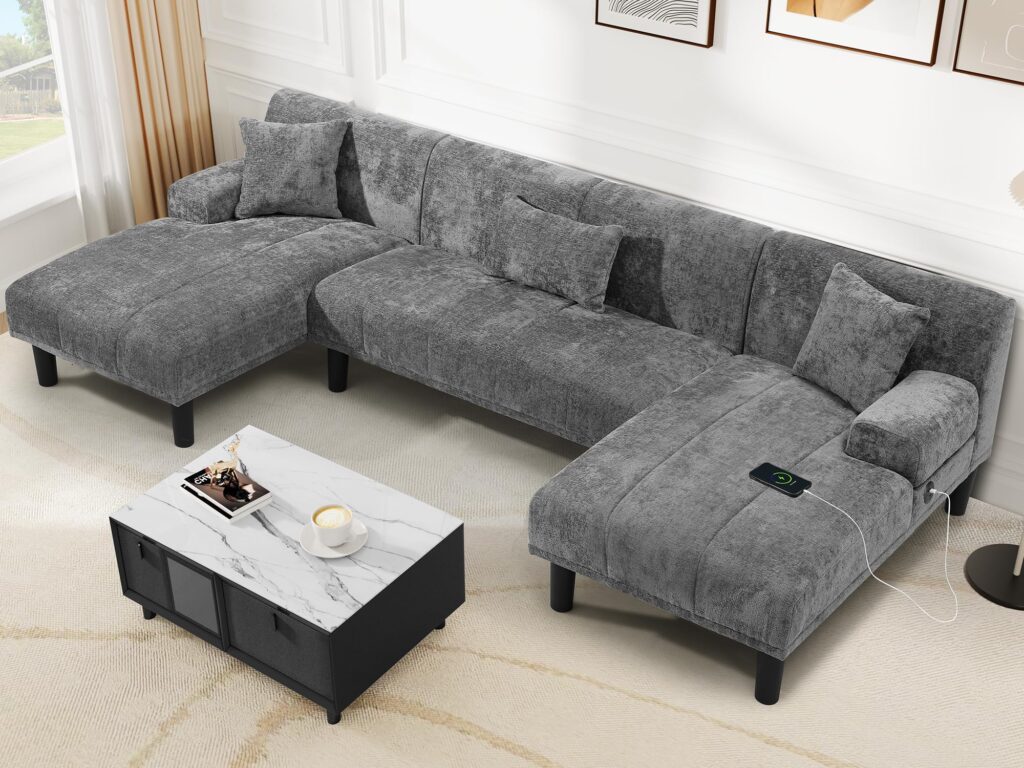
Installation Made Easy: A Step-by-Step Guide
The installation process varies depending on the type of USB charging port you choose. Here’s a general overview of the installation steps for some common types:
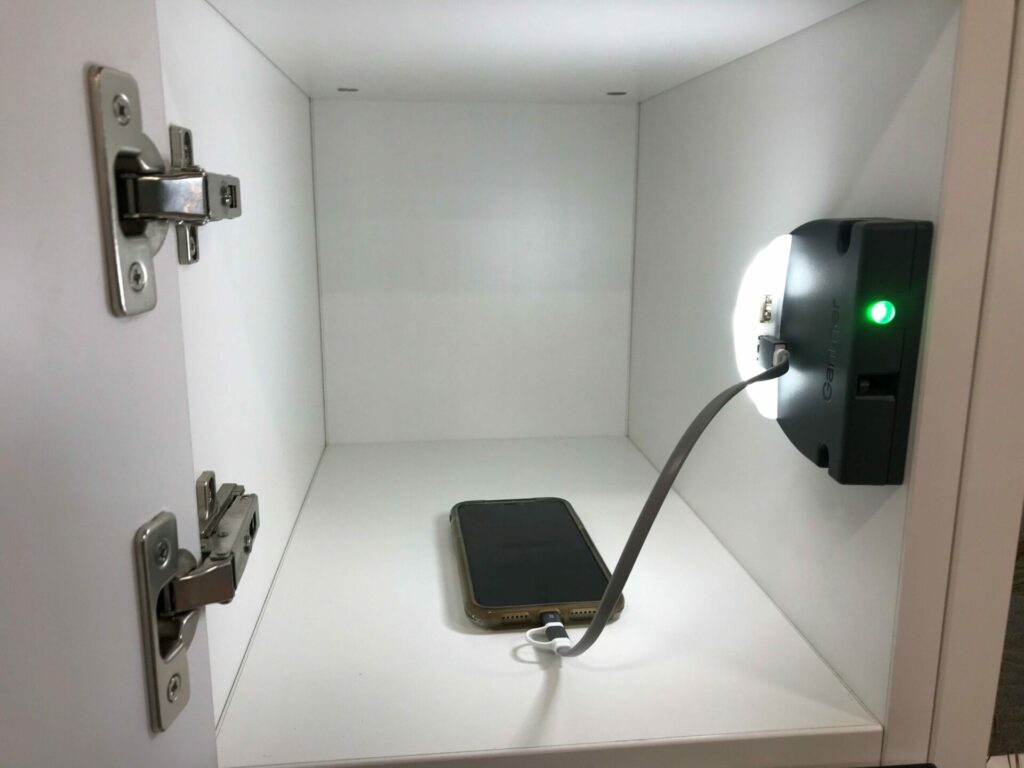
1. Installing USB Wall Outlets
Disclaimer: Electrical work can be dangerous. If you’re not comfortable working with electricity, it’s best to hire a qualified electrician.
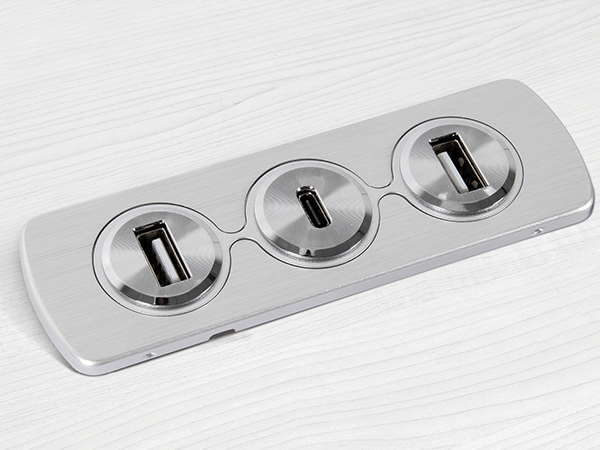
- Turn off the power: Before starting any electrical work, turn off the power to the outlet at the circuit breaker.
- Remove the existing outlet: Carefully remove the faceplate and unscrew the existing outlet from the electrical box.
- Disconnect the wires: Disconnect the wires from the old outlet, taking note of which wire goes where (usually black to brass, white to silver, and green to green).
- Connect the wires to the new outlet: Connect the wires to the new USB wall outlet, ensuring they are securely attached.
- Mount the new outlet: Carefully screw the new outlet back into the electrical box.
- Attach the faceplate: Attach the faceplate to the new outlet.
- Turn on the power: Turn the power back on at the circuit breaker and test the outlet.
2. Installing Integrated USB Ports in Furniture
This usually involves minimal installation. Most furniture with built-in USB ports comes pre-wired and simply requires plugging into a standard electrical outlet.
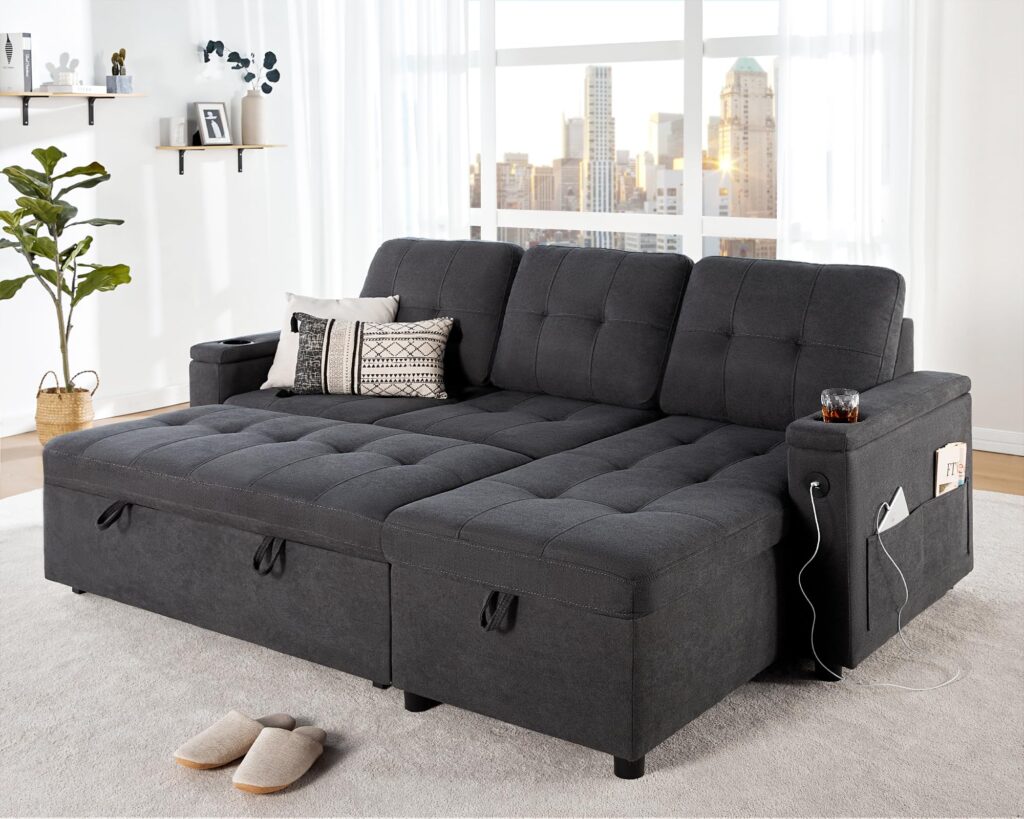
3. Using USB Power Strips and Surge Protectors
This is the easiest option. Simply plug the power strip into a standard electrical outlet and you’re ready to go.
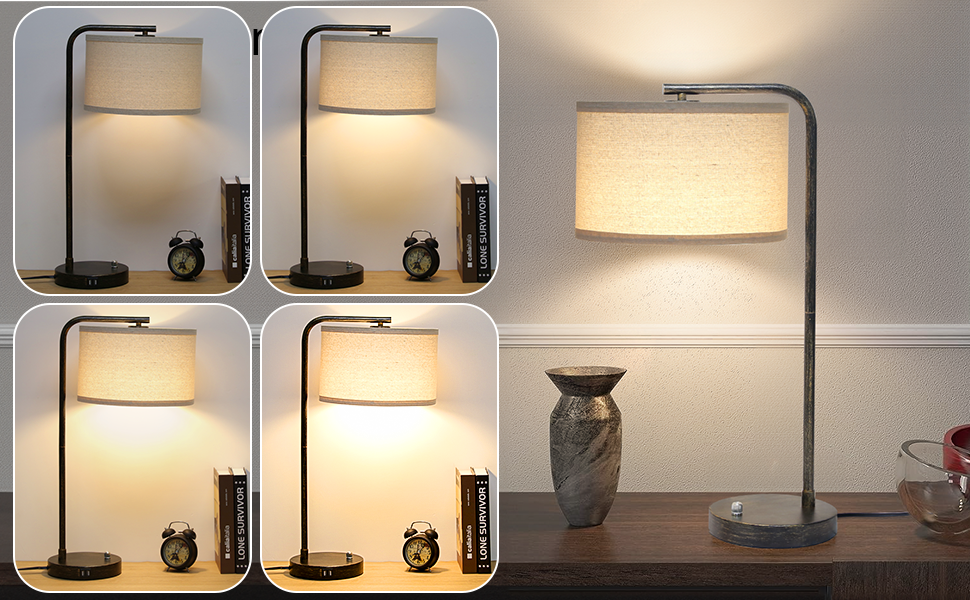
Seamless Integration: Blending USB Charging Ports with Your Living Room Décor
Integrating USB charging ports into your living room doesn’t mean sacrificing style. Here are some creative ways to seamlessly blend them with your existing décor:
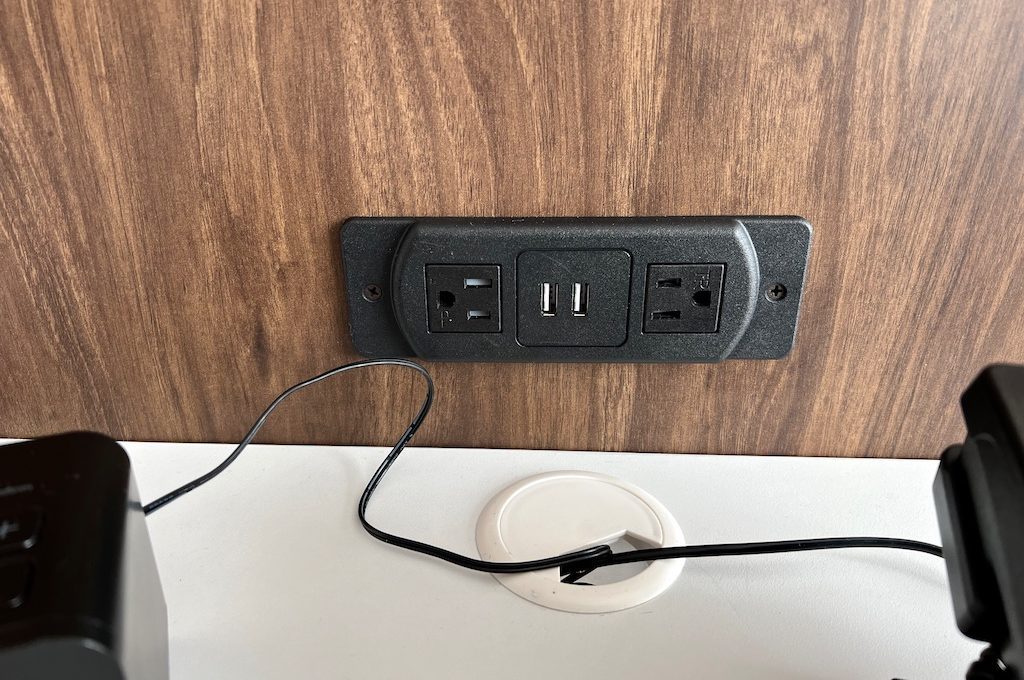
- Choose matching finishes: Select USB charging ports with finishes that complement your existing furniture and fixtures.
- Conceal cords: Use cord organizers, cable sleeves, or cord covers to hide unsightly cords and keep your living room looking tidy.
- Incorporate decorative elements: Use decorative boxes or baskets to conceal power strips and charging stations.
- Utilize wireless charging pads: Consider using wireless charging pads instead of USB ports for a cleaner and more minimalist look.
- Get creative with placement: Think outside the box when it comes to placement. Consider hiding USB ports in drawers, shelves, or even behind artwork.
The Future of Living Room Charging: What to Expect
The integration of USB charging ports into living rooms is just the beginning. As technology continues to evolve, we can expect to see even more innovative and convenient charging solutions emerge. Here are some trends to watch for:
- Wireless Charging Everywhere: Expect to see wireless charging technology become more prevalent, with surfaces and furniture embedded with wireless charging capabilities.
- Smart Charging Ports: These ports will automatically detect the type of device being charged and optimize the charging speed accordingly.
- Energy-Efficient Charging: New technologies will focus on minimizing energy consumption and reducing standby power usage.
- Customizable Charging Solutions: Expect to see more customizable charging solutions that can be tailored to your specific needs and preferences.
- Seamless Integration with Smart Home Systems: USB charging ports will become increasingly integrated with smart home systems, allowing you to control and monitor your charging devices remotely.
Troubleshooting Common Issues
Even with the best planning, you might encounter some issues with your USB charging ports. Here’s a quick guide to troubleshooting common problems:
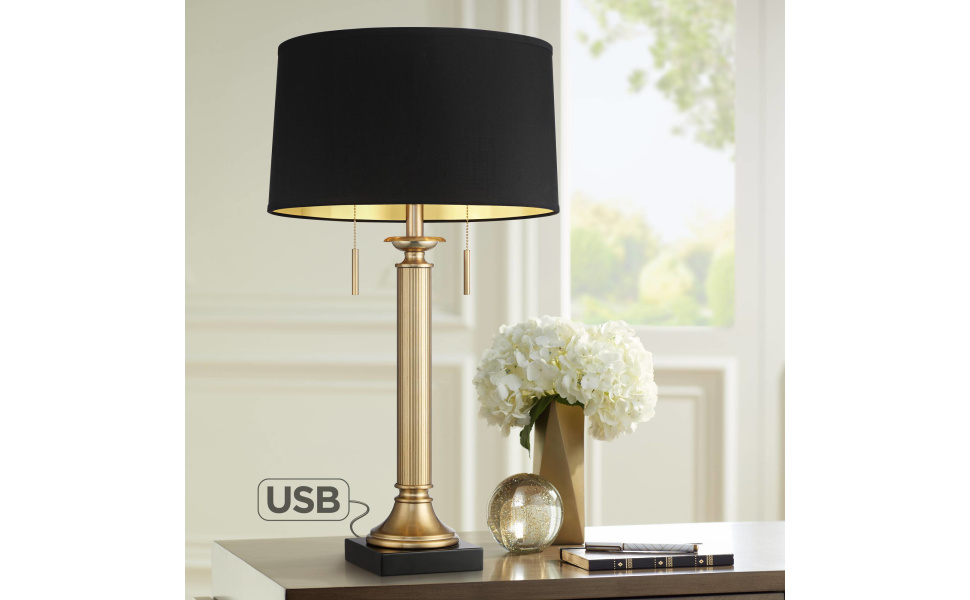
- Device Not Charging: Check the cable, try a different port, ensure the device is compatible with the charging port’s voltage and amperage.
- Slow Charging: Ensure you’re using a fast-charging cable and that the port supports fast charging. Older devices may charge slower.
- Port Not Working: Check the circuit breaker, ensure the outlet is properly wired, and consider replacing the port if necessary.
- Overheating: Disconnect the device immediately. Ensure the port is not overloaded and that it has adequate ventilation.
Safety First: Important Precautions
Safety should always be your top priority when dealing with electricity. Here are some important precautions to keep in mind:
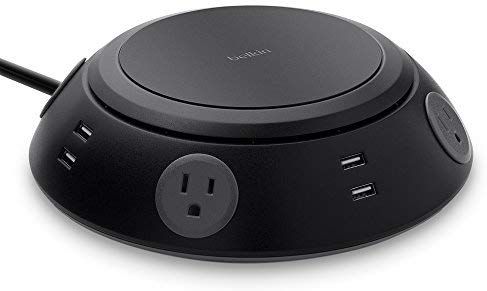
- Use certified products: Only use USB charging ports that are certified by reputable organizations like UL or ETL.
- Avoid overloading outlets: Don’t plug too many devices into a single outlet or power strip.
- Inspect cords regularly: Check cords for damage or wear and tear. Replace any damaged cords immediately.
- Keep away from water: Never use USB charging ports near water or in damp environments.
- Unplug when not in use: Unplug USB charging ports when you’re not using them to save energy and reduce the risk of electrical hazards.
- If in doubt, consult a professional: If you’re unsure about any aspect of the installation or operation of USB charging ports, consult a qualified electrician.
Making the Right Choice: A Buyer’s Checklist
Before you make a purchase, run through this checklist to ensure you’re making the right choice for your living room:
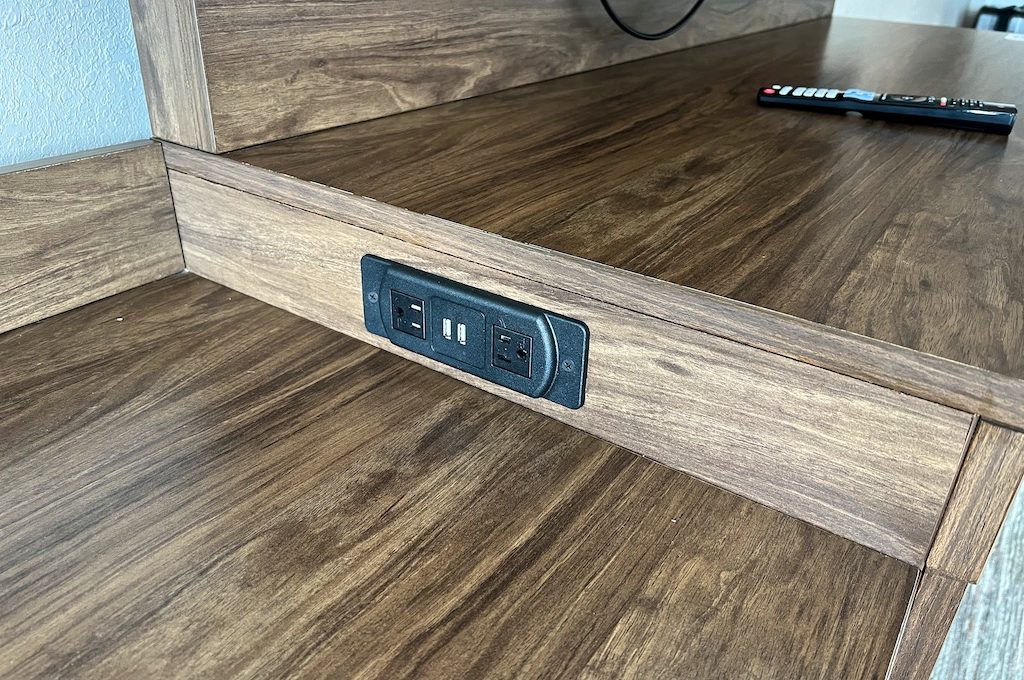
- Assess Your Needs: How many devices do you typically charge in your living room? What type of devices are they?
- Determine Placement: Where do you want to install the USB charging ports?
- Set a Budget: How much are you willing to spend on USB charging ports?
- Research Different Options: Explore the various types of USB charging ports available and their respective features.
- Read Reviews: See what other customers have to say about the products you’re considering.
- Check for Certifications: Ensure the ports are certified by reputable organizations.
- Consider the Aesthetics: Choose ports that complement your living room décor.
- Prioritize Safety: Opt for ports with built-in safety features.
- Plan for the Future: Choose ports that are future-proof and can accommodate your evolving needs.
Conclusion: Powering Up Your Living Room for a Connected Lifestyle
Incorporating USB charging ports into your living room is a smart and practical investment that can significantly enhance convenience, functionality, and aesthetic appeal. By carefully considering your needs, exploring the different options available, and following the installation tips and safety precautions outlined in this guide, you can transform your living room into a tech-savvy and clutter-free space that caters to your connected lifestyle. Embrace the USB charging port revolution and experience the joy of a powered-up and organized living room!
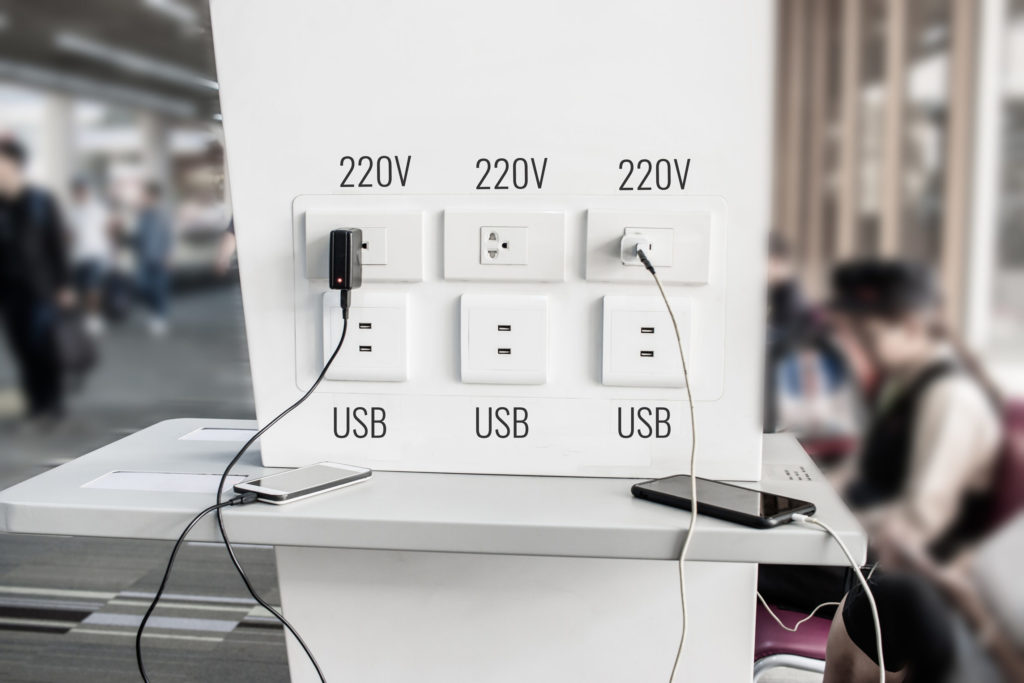
 Nimila
Nimila
